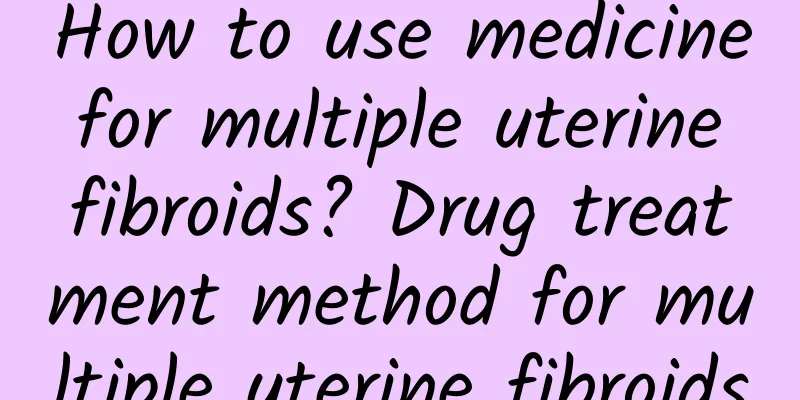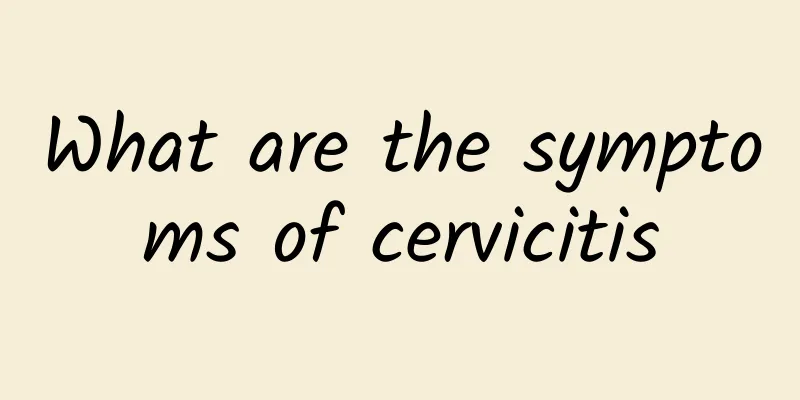How about immunotherapy for recurrent miscarriage?

|
The immunotherapy effect of recurrent miscarriage is very good. If women often have miscarriages, it will have a great impact on their bodies, so early immunotherapy is needed. Drug treatment and surgical treatment are all very effective. When you are sick, you need to get checked early and protect your body at ordinary times. The rapid development of modern society has brought convenience to people, but it has also brought about problems such as environmental pollution and food safety. In addition, many people now have irregular lifestyles, which has led to an increasing number of female patients suffering from recurrent miscarriage, which often brings a heavy blow to patients. Recurrent miscarriage is a common condition for some women, so what about immunotherapy for recurrent miscarriage? |
Recommend
How to deal with irregular menstruation during menopause? What should women pay attention to when they have irregular menstruation?
What should we do if we have irregular menstruati...
Can I get pregnant if I have mild candidal vaginitis?
Can I get pregnant if I have mild candidal vagini...
What medicine is good for uterine effusion after miscarriage
What medicine should I take for uterine effusion ...
Traditional Chinese Medicine Treatment of Uterine Fibroids
Uterine fibroids are the most common benign tumor...
What to eat for myocardial ischemia and uterine fibroids? Is there a relationship between uterine fibroids and myocardial ischemia?
What to eat for myocardial ischemia and uterine f...
Is it normal for the endometrial thickness to be 14mm during ovulation?
Is it normal for the endometrial thickness to be ...
What medicine should I take for constipation caused by uterine fibroid atrophy? How to solve constipation caused by uterine fibroid?
What medicine should I take for constipation caus...
I have bloody leucorrhea after my period, but it is normal before my period. What's wrong?
I have bloody leucorrhea after my period, but it ...
Seize the ovulation period to lose weight! Drink Ligustrum lucidum fat-reducing drink
Not only do women’s emotions tend to fluctuate du...
Introducing cervical erosion examination items for women
I don't know if you know about the cervical e...
How to prevent and treat vulvar leukoplakia
There is still no good explanation for the cause ...
How to calculate the cost of artificial abortion
Artificial abortion is a term used to terminate p...
Can you get pregnant with endometriosis?
It is possible for patients with endometriosis to...
What are the symptoms of female pelvic inflammatory disease? There are acute and chronic types
Pelvic inflammatory disease can be acute or chron...
What are the preventive measures for female cervicitis? 5 ways to keep you away from the trouble of cervicitis
Cervicitis is the number one gynecological diseas...









